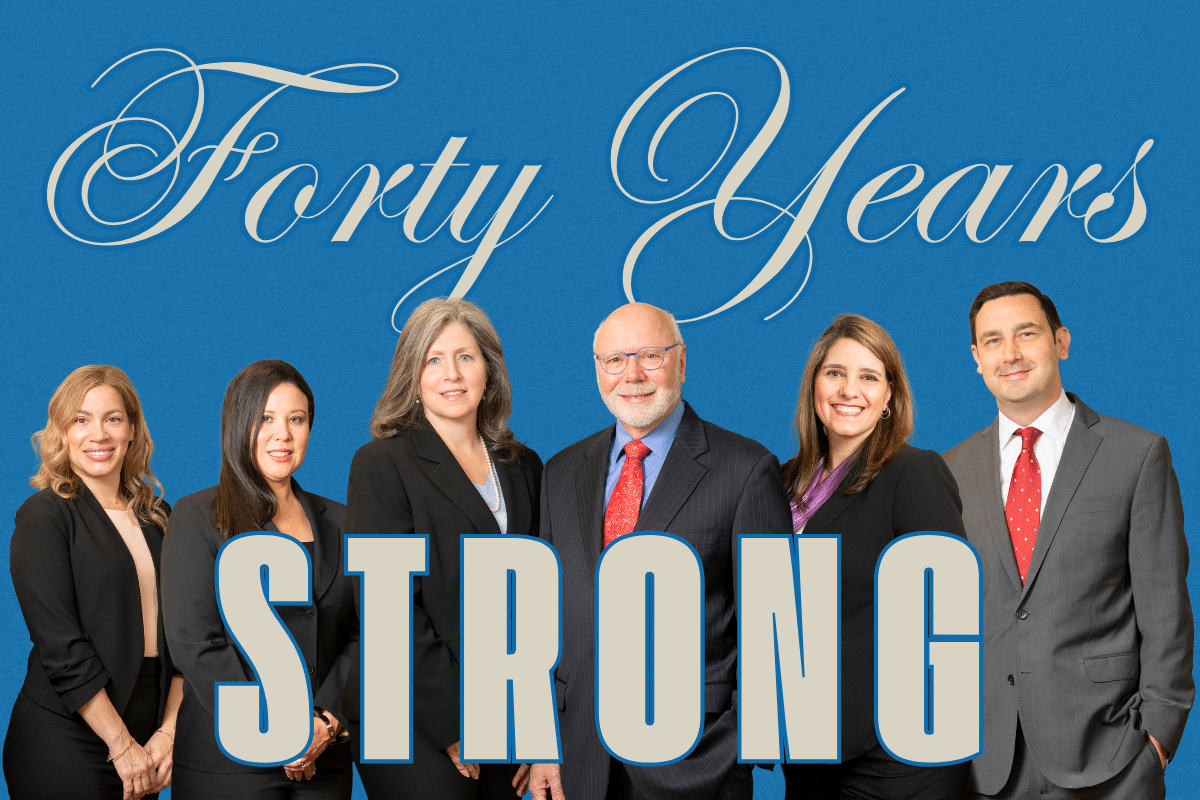Group homes are a common residential option for people with developmental disabilities who need help…

Adults with physical disabilities and cognitive impairments may face unique challenges when participating in elections. However, such challenges should not make it impossible to vote and should not be considered a reason to exclude a person from voting in elections.
To ensure every eligible voter can vote, laws are in place to protect voting rights.
Laws That Protect the Right to Vote
The federal government has enacted various laws over time that seek to protect the voting rights of Americans. These laws include the following:
- Americans with Disabilities Act: The Americans With Disabilities Act (ADA) is a federal civil rights law that protects people with disabilities. In part, it requires that public entities ensure that individuals with disabilities have an equal opportunity to vote as those without disabilities. This includes all aspects of the voting process, such as voter registration, voting site selection, election websites, and the casting of ballots. The ADA applies to all elections run by state and local governments, including federal, state, and local elections.
- Voting Rights Act: Under the Voting Rights Act (VRA) of 1965, an individual with a disability such as a cognitive impairment may receive help while voting from a person of their choice. This law prohibits conditioning a citizen’s right to vote on their ability to read or write, their level of education, or their ability to pass an interpretation test.
- Voting Accessibility for the Elderly and Handicapped Act: According to the Voting Accessibility for the Elderly and Handicapped Act (VAEHA), passed in 1984, polling places must make federal elections accessible to senior voters and voters with disabilities. If no accessible location is available, voters must have a different way of voting on Election Day.
- National Voter Registration Act: All offices that provide public assistance or state-funded programs primarily serving people with disabilities must also give them the opportunity to register to vote in federal elections. This is part of the mandate outlined in the National Voter Registration Act (NVRA) of 1993.
- Help America Vote Act: The Help America Vote Act (HAVA), passed in 2002, requires jurisdictions that administer federal elections to provide at least one accessible voting system for adults with disabilities at each polling location. The voting system must offer the same opportunity for access, participation, and privacy as that of other voters.
Assistance With Voting
Disabled individuals who need help voting can receive assistance in several ways:
- Polling Place Assistance: Voters can bring someone to assist them at the polling place. This person can be a family member, trusted friend, or another individual of the voter’s choosing. Election officials can also provide assistance if needed. The American Bar Association has produced a guide to help election officials when assisting cognitively impaired voters.
- Mail-In and Absentee Voting: Voters with cognitive impairments can use mail-in or absentee voting options. They can receive help in filling out their ballots, but they must follow specific rules to ensure the integrity of the vote.
- Curbside Voting: Some jurisdictions offer curbside voting, where election officials bring a ballot to the voter’s vehicle.
- Voting Centers and Drop Boxes: These provide additional options for voters who may have difficulty accessing traditional polling places.
Know Your Rights
Americans have the right to vote independently, with accessibility and support ensured at all polling locations. Ensure you have an equitable voting experience. Read more about the laws protecting the rights of voters with disabilities on this ADA resource page.
If you have questions about anything you have read, do not hesitate to contact our office at at 1 (800) 680-1717. We look forward to the opportunity to work with you.




Comments (0)